
Tech Diva Biz Talks
Ready to mix business with brains, tech, and just the right amount of side-eye? Then welcome to Tech Diva Biz Talks (formerly the Business Chop), the podcast where strategy slays, tech behaves (mostly), and your host, Audrey “Tech Diva” Wiggins, says what everyone else is thinking about marketing and entrepreneurship.
We’re spilling the tea on business blunders, brand glow-ups, digital do-overs, and how to stop ghosting your website. Interviews? Sometimes. Sass? Always. Tech working better for your business? That’s the goal.
Subscribe now to catch every episode and exclusive content.
Want to be a guest on Tech Diva Biz Talks? Send Audrey Wiggins a message on PodMatch, here: https://www.podmatch.com/hostdetailpreview/audreywiggins
#LetsTalkTech #Entrepreneurship #PublishedAndPaid #Authorpreneur #Storytelling #EntrepreneurLife #MarketingMoves #SuccessBlueprint #StartupHacks #KeepItLegal #ScaleYourBusiness #TechForBiz #SmartMoney #BrandingBoss #Innovation #HustleSmart #Mindset #DigitalMarketing #ExitStrategies #SuccessionPlanning #VisualStorytelling #TeamWork
The Tech Diva Biz Talks podcast is a production of Altogether Marketing LLC founded by Audrey Wiggins, Chief Brand Strategist aka Tech Diva. Visit https://altogether.biz for more information.
Tech Diva Biz Talks
The Four Pillars of Successful Business Podcasting with Vince Quinn
In the ever-evolving landscape of business podcasting, entrepreneurs often grapple with the challenge of creating impactful content that resonates with their audience and supports their business goals. This episode of Business Chop features Vince Quinn, co-founder and creative director of SBX Productions, who shares his expertise on crafting successful business podcasts.
With nearly a decade of radio experience, including hosting a show across 225 stations in the US and Canada, Vince brings a wealth of knowledge to the table. He now hosts "It's Not Just Talking," a podcast dedicated to helping businesses run their shows effectively.
The Four Pillars of Successful Business Podcasting
- Purpose: Defining clear objectives for your show
- Money: Aligning your podcast with your business offerings
- Message: Crafting content that resonates with your target audience
- Process: Implementing efficient production strategies
Debunking Podcast Myths
- The reality of podcast sponsorships for new shows
- The importance of having a lead time before launching
- Why video is crucial for podcast promotion
Practical Tips for Podcast Success. Learn valuable insights on:
- Repurposing podcast content for maximum impact
- Leveraging AI tools for efficient content creation
- Balancing guest interviews with showcasing your expertise
Follow Vince's Podcast
https://podcasts.apple.com/us/podcast/its-not-just-talking-with-vince-quinn/id1769698285
This is the CTA for my podcast, It's Not Just Talking. L
Buzzsprout - Let's get your podcast launched!Start for FREE
Designrr for eBooks, Blogs
Create eBooks, Blogs, Lead Magnets and more!
Riverside.fm Your Own Virtual Studio
Professional Virtual Studio
Altogether Domains, Hosting and More
Bringing your business online - domain names, web design, branded email, security, hosting and more.
Digital Business Cards
Let's speed up your follow up. Get a digital business card.
Small Business Legal Services
Your Small Business Legal Plan can help with any business legal matter.
Looking for Podcast Guests?
Keep your podcast schedule full with quality guests from PodMatch.
Mens and Womens Hats
Since 1972, American Hat Makers has been dedicated to the art of fine hat making.
Disclaimer: This post contains affiliate links. If you make a purchase, I may receive a commission at no extra cost to you.
Want to be a guest on Tech Diva Biz Talks? Send Audrey Wiggins a message on PodMatch, here: podmatch.com/hostdetailpreview/audreywiggins
To work with Audrey schedule a breakthrough/discovery session.
[00:00:00 - 00:00:36]
Welcome to the business Chop. Where challenges, success, rewards and solutions to entrepreneurship collide. Let's chop it up. Hello, Chop Squad. Audrey Wiggins here, your host and I am so excited to be with you as usual. And our guest today is Vince Quinn and he is the co founder and creative director of SBX Productions, where he helps businesses launch and improve their podcasts. He's on a podcast, people, and he's talking about improving. I'm up to. I stop now. What do you think, Vince? Should I run and hide in the closet?
[00:00:36 - 00:00:43]
No, this is great. This is right where you should be. Right? We're. We're here. We're living it. We're doing it. It's. We're alive right now.
[00:00:43 - 00:02:03]
Okay, all right, well, let me keep going then. All right. Focusing on four key pillars. Purpose, money, message, and process. He helps clients refine their strategies, sharpen their message, and create shows that provide value. Very key there. So we're going to hear a little bit more about Vince, this message. Get your brim on. Since 1972, American hat makers has been dedicated to the art of fine hat making. Their diverse selection caters to outdoor adventurers, style conscious individuals and hat enthusiasts just like me. With a focus on meticulous detail and quality materials, I love wearing their hats. Embrace your own spirit of adventure and individuality. Visit Bit Lee Hats now. Bit Lee Hats now. Or use our affiliate link in the show notes to view their vast selection of men's and women's styles. Welcome back, everyone. With nearly a decade in radio, including hosting the Vince quinn show across 225 stations in the US and Canada, Vince knows what makes people tune in and stick around. Now he's the host of It's Not Just Talking, a podcast about Running a Business Podcast the Right Way. Vince. Welcome to the business Chop.
[00:02:04 - 00:02:10]
Thank you for having me. I'm so excited to be here. The vibes are great. It's going to be a lot of fun.
[00:02:10 - 00:02:16]
Yes, it is. Oh my gosh. I'm still shaking in my boots over here. Or my tennis shoes. Okay.
[00:02:16 - 00:02:21]
Yeah, it's a Friday. As we're doing this. Yeah. Have the tennis shoes. Relax. Okay.
[00:02:21 - 00:02:38]
Yes, yes. My zoom shoes, as I like to call them. All right. Okay, Vince, what makes a great. No, before we go into that, let's talk about some fun stuff and then we can get serious. So name one or two, you know, fun things or fun facts that you'd like to share with us.
[00:02:38 - 00:03:17]
All right, so I have two for you. One is that I got my name, vince by my 2 year old brother who named me after a 5 year old that lives down the street. So cute. Because my mom, like when it got to the point where they were going to have me, my mom did not want to know and she was hoping desperately that it would be a girl and it would be named Angela, which is the same thing that happened to my older brother. So he was supposed to be Angela. He wasn't. They had me. I'm not Angela. They have a daughter. She's Angela. That was the end of the line. So. So the intentions are very clear.
[00:03:19 - 00:03:22]
That is so cute. Oh, my gosh. Yeah.
[00:03:22 - 00:03:28]
And so of course, like all the pictures growing up, they're all Angie, you know, like it's. We. We know who the favorite was. It was very clear from the ex.
[00:03:28 - 00:03:29]
Exactly.
[00:03:30 - 00:03:31]
Yeah.
[00:03:31 - 00:03:35]
That's okay. If I hadn't had kids, I always wanted son. So you can be my son.
[00:03:35 - 00:03:36]
There we go.
[00:03:36 - 00:03:40]
So I'm in, considering my brother's name is Vincent.
[00:03:41 - 00:03:47]
Oh, here we go. That's what I like to hear. Not enough of us out there, frankly. It's great name.
[00:03:47 - 00:03:48]
Great name for sure. Yeah.
[00:03:48 - 00:03:53]
So, yeah, so he did get it right. Credit to my two year old brother. He did nail it. Okay.
[00:03:53 - 00:03:53]
Yes.
[00:03:54 - 00:04:18]
Yeah. So that was good. So that's one and then two is. The first show that I ever hosted in radio was when I was 25 years old. And it happened because the Pope came to Philly and they literally could not get other people to come into the station, like to physically be there to do the show. So I got the opportunity to host. So yeah, I can thank the Pope for me having a radio career.
[00:04:18 - 00:05:10]
Would like to take this moment to acknowledge the passing of Pope Francis. This recording was done beforehand, but we would be remiss if we did not acknowledge his passing and legacy that he left behind. Thank you, Pope Francis. Knock out your competition with All Together Marketing. We elevate your brand. Take a stance with your business name, logo, the tagline, your colors, even the fonts for your business. And then jab left with your website. Jab right with core values, back up with product experience and bring it on with you. Visit altogether Biz and let us help you create a knockout brand. All right, so we're already starting off. We're getting off to a fun start here. Okay, so what makes a great business podcast.
[00:05:10 - 00:07:17]
So it's something with purpose, right? It's. What do you want this show to do? Because a lot of people when they start a podcast and I get the allure of this, it's, hey, let's get out there. We're just going to figure it out. You're doing all these episodes, we're having fun and we're just going to see where it goes and you can do that. But like, if you're starting a four year business and it's your business marketing and that's the whole intent, then you should have some ideas of really what the show is and how it's going to support the business. So what is that direct line? What, what are the things that you're doing for the show that connect to your ideal customer? How is it serving goals that you need for your business? Like awareness, for example, Like I, for. Because for me, for example, like we. We're a podcast production company for businesses. We are very niche. So my network is not full of people like naturally full of people that need the service that I have. And I needed to get a lot of posts out on social media to get the word out. I wanted to build relationships with the right kind of people. So I started a podcast naturally. And from there I started posting it like crazy. I mean, we're doing it on six different platforms. We've got three posts a week. We're getting like 75 posts a month across all of our socials. Because that's the goal, you know, like even literally to the point where it's more important for us to get. For the first couple of months as we've done the show, it was more important for us to get just a ton of social posts out and our newsletter consistently and all those kinds of things more than it was to get people to actually listen to the show. It was just having it as a vehicle to create all of this content and get it to all of these places. But that was the goal, you know, so it's like, okay, it did that and now we're going to continue to evaluate and evolve the show. But that's really the approach for us and that's the kind of way that I, when I talk with different clients, it's. Yeah, what are these goals that you're looking to accomplish? How can we design the show in a way that naturally is serving those goals for you? So you're essentially getting wins right off the bat and then you go and grow that actual listening audience over time as you build these relationships, get your awareness up and everything else that you want to do.
[00:07:17 - 00:07:24]
Okay, awesome. So what then are the four pillars for, of creating a podcast for businesses?
[00:07:25 - 00:09:57]
Yeah. So purpose, right? What, what is that thing that you want the show to do? What are you trying to accomplish? Let's, let's talk about those things. Who are you accomplishing it for? So what is the audience for this show? Who are the people that you're talking to? Which really, you know, it's all about alignment. It's, it's all the same people that are related to your business. Those are the kinds of things that you should be talking about on the show. Talking about their problems to those people, showing your expertise. How the business involved in that, like, it shouldn't feel like a side project is really my rule of thumb. It should feel like it is a part of your business. It's absolutely part of what you do. And people can easily understand that and see the connection. So that's number one then. Money, right? So money, of course, I like the hand rub. As soon as I said, yeah, that's right. Let's rub those hands, you know, oh, gosh, that's so good. So the whole thing is you're doing this like people look at a podcast a lot of times and say, well, I'm going to get sponsors on it. And the truth is, odds are you aren't. I mean, if you have relationships and you're willing to hustle and you can have strategic partners where, hey, when I get business, you get business. Would you be interested in supporting this podcast and really helping with the production budget and things like that? I, I've seen that done. That is doable. But to just think a big brand is going to come out of the sky, especially as you're just getting started, don't have a major audience, aren't an established brand to think that you're going to have sponsors. It's really not the case. So with all of this, it's for your business. So have money be. What do you sell already? What are your services? What is that product? How is your show connected to all of those things? And just use this again. It's a marketing channel to get people to understand all of that, build the trust and eventually become a customer. So that's the money side. It's not, is your podcast making money? It's. Is it helping your business make more money? So that's the idea there. Message then goes to, how are we making sure that everything that we're talking about is for all the things that we want the show to be day by day, episode to episode, Are we talking about the right kinds of topics that these people want to hear about? Are we talking with the guests that come on that can be potential clients talking about these things in the Right way, where they're engaging in a conversation that feels natural to them, but is also what you're an expert in. And the problems that you solve in the space that you really dominate. How do you. How do you do that and then create all this content around. Around it, which is the fourth pillar of process. How are you doing this day to day? What are the way. What are the ways that you're managing the production schedule so you can breathe easy and not be stressed in chasing the clock, which is one of the biggest problems that everybody deals with. Because putting up posts is hard. Right? Like, it's.
[00:09:57 - 00:09:58]
It's.
[00:09:58 - 00:11:21]
It's exhausting. So you don't want to. And I've had this feeling so many times just in my life and career of, oh, I got to get this post up and I got to figure this out. And then I try to do it for a couple of days, but I can't keep up and I feel defeated and I. I get down on myself and, like, that sucks. And it doesn't have to be that way. So I work with people to have a lead when it comes to the content. So let's record ahead. Let's be aware that guests can cancel, you can get sick, you want to go on vacation. You don't want to stress, like, let's get ahead on all of this stuff, and then have the processes in place to go with that for making the clips and getting those posts scheduled and having the newsletters and writing those and having them scheduled. Like, how do you do all these things and get all this content and max it out and do it efficiently so that you can run your business? Because, like, that's the ultimate distraction with all of this. Right. You're doing so much work around the show, you forget, like, oh, yeah, this is supposed to be helping my business. I'm spending so much time on this thing that it's almost. It's hurting the business as much as you're trying to promote through it, which is why a lot of people give up, and rightfully so. So, like, how do you make this time efficient and be able to run your business and have the show do all the things that you want it to? So those are the four pillars again. Purpose, money, message, process. That's how I go about it. And I just think it's, like, direly important to do all of that.
[00:11:21 - 00:11:31]
Yeah, absolutely. Wow. So talking about all of that, then, when should we release that first episode?
[00:11:32 - 00:13:43]
Yes. So here's the idea. You want to do it when you have enough of a Lead that you feel comfortable releasing. And that should be at least four weeks. I would say have four episodes good to go before you release. And even further, I would say have a couple of episodes done before you even tell anybody that the show exists and that you're planning to launch it. Like, literally don't tell anybody. And I know that sounds counterproductive because it's. Well, this thing is about getting awareness, and I want people to know about the show and all that stuff, but that you don't know if the show works for you. You don't know if you're committed to it. You don't know what it sounds like. And I always try to put it in this musician mindset because, like, everybody knows bands and has favorite songs and all that stuff. But if you imagine that your favorite band didn't spend years writing that first album or that next album, and instead it was just the first time they tried to play a song, they're like, oh, I think I've got an idea for a song. All right, now it's on the album. No thought, no question. No. No reiterating, no rewriting the lyrics, no adding instruments or taking stuff. It's. Nope, this is it. That's the final product. Like, music would suck. It just wouldn't be as interesting. It wouldn't be as dynamic. It wouldn't be great. Like, so they practice constantly. And that's the idea. It's refining a million times. So get comfortable with the show. Be happy with what you think it is. Get comfortable in your own skin and understand the workload and make sure that you can confidently do that. And once you have that together, that's when you start to release. Because now you're not chasing the clock. You're not. You are confident in the show. It is doing the things that you want it to do. You are good with the workload, as much as you might want to offload some stuff down the. Down the line. Right. Maybe you don't want to do the editing eventually, but for now, you can handle it. Then, like, great. But, you know, all the work involved and you don't have to worry about telling everybody and then feeling guilty of. Oh. Or embarrassed of, hey, I told everybody the show is going to be a thing. And now I've quit after three episodes, which happens to almost half of people that start a podcast period. So. So don't put that pressure on yourself and just, yeah, have at least four episodes. Be comfortable, have that lead, and then you start releasing. And that's when you do it.
[00:13:44 - 00:13:55]
Yeah, Fantastic. Yeah, because sometimes it's not what you, you think it is. You know, you look, it's almost like looking at that green grass on the other side of the fence and you hop over, oh, my God, it's brown back.
[00:13:56 - 00:13:58]
Exactly it.
[00:13:58 - 00:14:18]
Oh, my gosh. So, so, so once we do decide, we've got some episodes going, you know, the poc, you know, the, the podcasting. And you talked about content earlier. Content, content, content. You were talking about all that post and stuff. So what, you know, so we talk about now is how do we repurpose all that content and how does it help us as podcasters?
[00:14:18 - 00:16:21]
Yeah, so you can repurpose it in so many different ways. And like, the most common thing that we see, obviously, is clips. Everybody wants clips to get on social media to get the word out. Clips are easy to do. And the nice thing is there's AI tools out there that do it for you in spectacular fashion and very quick. Right? So Opus Clip is one that's out there. Cap Cut is another one that's out there. You can pay maybe 10 bucks a month, 15 bucks a month. Like, it's not very expensive. And when you're thinking about the time to edit video and add captions, you know, like, you're saving so much time, it's totally worth the investment. So that. Right. So like, that's one way to do it. And then beyond it, it's. You can get obviously the transcript of the episode, which a lot of services provide now. So you can get that transcript, you can edit that down and convert it into a newsletter or even multiple newsletters, depending on how long your episodes are. You can get the things that you're posting about these clips. You can reformat that content into, from a video version to a text version. And now you've got a list or you have a carousel that you can put on Instagram with all these different pictures. And now you're sliding from picture to picture. So there's a lot of ways that you can do it, even on the most extreme level, getting something and turning it into lead magnets. Because, hey, I did eight episodes about a certain thing. These are all leading together to form a lead magnet. Great. Like, now you've got that and you've got a supporting long form version of all of the points in that magnet that drive people to the episodes. Like, there's just so many things you can do, so there's a lot of room for creativity. And it just comes down to, like, not getting carried away with it up front. Right. It's focusing on the ones that you can actually handle on the platforms that you think are important, and then knowing that over time, you can always add more, do more. And I'm the same way. I mean, I. I'm always trying to think of new ideas. Once we're stable and consistent, then it's okay. This is good. Or we need to tweak it a little bit, but here's. Here's how we're going to take it further. And. And that's how we do it.
[00:16:21 - 00:16:37]
Yeah. Awesome. Yeah. You mentioned some AI tools. I just recently started using Capsule. I wanted to try that out. So that's. That's another good one, too. All right, so my favorite topic. Video. How important is video for podcasts?
[00:16:38 - 00:16:51]
Video is everything. And it's funny because there's a lot of purists out there that get a little stuffy, and they're like, well, podcasting, and they. They tighten up the glasses as they do it. Well, it's an audio medium, and audio is first and foremost. Yes.
[00:16:51 - 00:16:53]
Okay. Oh, my gosh.
[00:16:53 - 00:16:56]
Right? Yeah. Have you seen that crowd? Like, those kinds of people?
[00:16:56 - 00:17:01]
Yeah, it was like, no. And I was like, excuse me. I was doing video before this.
[00:17:01 - 00:18:40]
But, yeah, like, videos everywhere. And all the platforms of ever. Everywhere you look, they're all embracing video. LinkedIn even got to the point now where they're doing vertical video on LinkedIn. They're encouraging live streams on LinkedIn. Yeah. Like, it is crazy. So that's where everything is. And I can understand on a base level of saying, well, it's a lot of work to do video, and I don't want to do video editing and all that kind of stuff. I. I get it. But from a promotional standpoint, nobody's posting audiograms because nobody's watching audiograms, which is the old way of promoting a podcast from a couple years back. Like, you need to have video for that. So at the very least, for anybody that's starting a show, what I'm always encouraging is audio show. If. If you need to. On the. On the simplest level, audio show, no problem. But video clips, so record that video anyway. And at the very least, even if you don't use it for two years for the episodes themselves, you. You get into it, you're doing other stuff. You're still getting the clips so you can post those. You're collaborating with the people that you bring on your show, collaborating with your personal account and your business or whatever it is. Like, you're getting that content, that movement. You're making the Visual impression with people, which is huge. Just being top of mind is everything. And down the line, if it turns out, you know what, hey, let's invest in a YouTube channel. Let's start getting those episodes up. You can always go back in the log and do that. You have those files you made, those recordings and once you miss that, go and recreate it. So capture it now. Capture it up front in whatever way you can. And there's affordable webcams and all to do that. But yeah, don't miss the opportunity because it's, it's just too valuable to have video.
[00:18:40 - 00:18:44]
Yeah, absolutely. We can end it right there. But. Couple more questions.
[00:18:44 - 00:18:45]
Sure.
[00:18:45 - 00:18:55]
So what is the best way to approach interviews? Because some people do solo shows, but most of us, I think most of the shows I think are interview shows, I would to imagine.
[00:18:55 - 00:20:53]
Yeah. So there's a couple of ways to approach this when you're doing it. So one is from the guest side, obviously you want to be very clear about the kinds of things that you talk about. Make sure that it's connected to your business and, and establish that as much as you can. Because here's the cool thing about it. When you're a guest and you're in these kinds of scenarios, you don't always have control of the wheel. Right. When you're a host, you do. But as a guest, people are asking you questions. You don't know where it's going to go. And to have that makes you sharper. Because now, okay, I'm not prepared for that or I don't have a prepared way of talking about that. Or I could talk about it a little bit better. Maybe that message didn't get through as clearly as I would like it to. Well then, great. Now you know that you've done it, you've gotten a rep, you can go and listen back to those episodes that you've been on and you can evaluate yourself and get stronger. So that's one of those things that you can do. That's a huge help. And then from the host side, it's finding those opportunities to get yourself in the conversation and make it more of a back and forth and like a dynamic split. And, and what I like to do with that as a simple rule of thumb is think of it as 60, 40. So 60% guest, 40% you. And you're getting this chance to go back and forth. You get to showcase a bit of who you are and what you're about and your experiences. Because a guest might say something about whatever business experience they've had and to be able to go and, you know, yeah, I had a client once that was in this situation. It was very similar to the one you just talked about. And here's how we solved that problem. We did A, B and C, and it was this great situation. And, like, it's such a win. So finding those ways to start putting yourself more into the conversation and get those sound bites of you, right. Like, that's. That's a big part of what this is about. So take that opportunity to showcase yourself more and find more ways to really live in that conversation and turn it into more of a full conversation where you are asking questions than a full interview is really the idea.
[00:20:53 - 00:21:03]
Yeah. That's awesome. Well, Vince, if we're getting the clocks ticking down on us here, so how can we get in touch with you and any CTAs for us?
[00:21:03 - 00:21:41]
Yeah. So first off, if you want to listen to my podcast, helping business owners with their podcast, it's called it's not Just Talking. Because people are always like, well, it's a podcast. It's just talking. It's not just talking. So it's not just talking is the podcast. It's variable. Wherever you get your podcast, we are a video Show. It's on YouTube as well, so you can check it out there. And otherwise, if you want to talk with me about launching a show or an existing show where you're having problems, I do free strategy calls, and that is at free podcast help dot com. So free podcast help dot com. Happy to meet with you. Help untangle those knots that you've got.
[00:21:41 - 00:22:09]
Awesome. Thank you. Chop squad. You got that? So make sure you go out and find that podcast. Vince's podcast is not just talking. And definitely plug into his podcast help, because we need to have some kind of coaching or consulting launch that. Right. All right. So, Vince, what you gave, you've given us so much through this interview today, but always like to ask, Ask my guest to leave us with a couple of nuggets of wisdom that we can, you know, we can run away with.
[00:22:09 - 00:23:32]
Interesting. Okay. To some degree, when it comes to your podcast, be selfish. And I, I say that in a sense of think about the things that you're curious about, that you think are interesting, that you're obsessed with within your business, your specialty, your expertise, and talk about those things, because that is the unique thing that you've got. There are plenty of coaches, there are plenty of consultants. Like, there are. You know, for the most part, a lot of people have competition out there that do the same kind of job. But what makes you unique is going to be the thing that differentiates you. So being able to lean into that and showcase that and do that on the regular is going to be so much better for you. Because, one, you don't feel like you have to come up with stuff that, like, you're talking to just people out there somewhere that might want a certain thing. It's, hey, I know this space. I know what my business is about. I know the problems that I'm solving. I know what my customer is, and I'm just going to talk about those things that I think are fascinating or common questions that I get in my course of business. And that's the show. And to be able to simplify it like that, it's just so much easier day to day because you're not stressing, oh, my God, what am I going to come up with? I don't know what I want to say. I don't know what I want to talk about. Like, you're. You're full of information. You're so. You're so much more full of information than you realize. And so think about those things that you find fascinating. That's your unique viewpoint, and that's what's going to stick.
[00:23:32 - 00:23:40]
Awesome. Well, thanks, Vince. So, so excited to have had you today. I really appreciate you coming on and dropping all this podcast wisdom on us.
[00:23:40 - 00:23:49]
Yeah, well, thanks for having me as your new adopted son. I've really enjoyed the experience. Oh, my gosh.
[00:23:49 - 00:23:55]
Yes, yes, yes. So how about monetize your podcast? You don't have to invest in you. Right. Oh, my God. Here it goes.
[00:23:55 - 00:23:57]
Should I have 20 bucks? Right?
[00:23:57 - 00:23:58]
Exactly.
[00:23:58 - 00:23:59]
Exactly.
[00:24:00 - 00:24:04]
Yeah. I missed all of those times, so. So I might actually have an extra 20.
[00:24:04 - 00:24:05]
There we go.
[00:24:06 - 00:24:09]
All right, thanks, Vince. Really appreciate you. Take care, Chop squad.
Podcasts we love
Check out these other fine podcasts recommended by us, not an algorithm.

Podcasting Made Simple
Alex Sanfilippo, PodMatch.com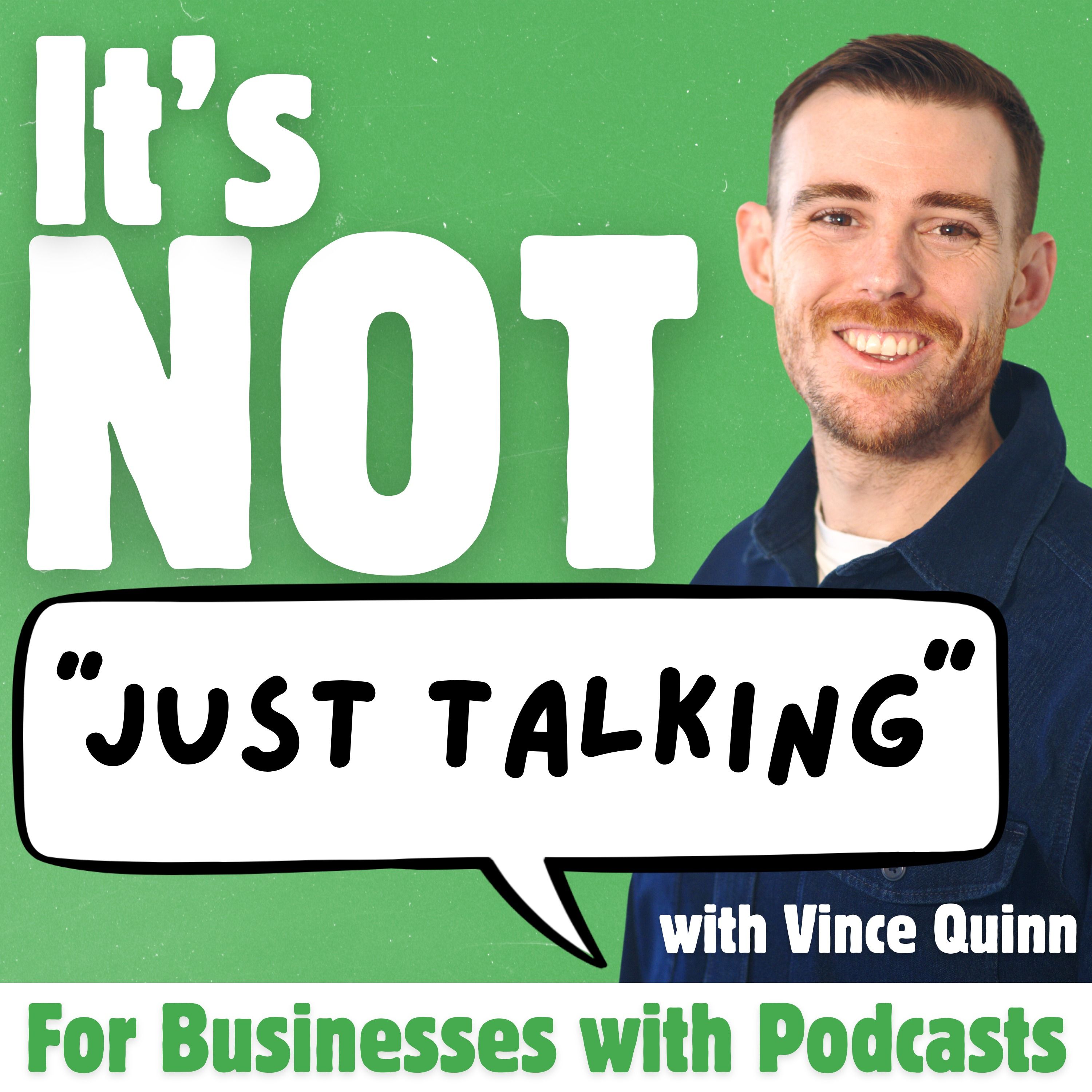
It's Not Just Talking with Vince Quinn
SBX Productions, Vince Quinn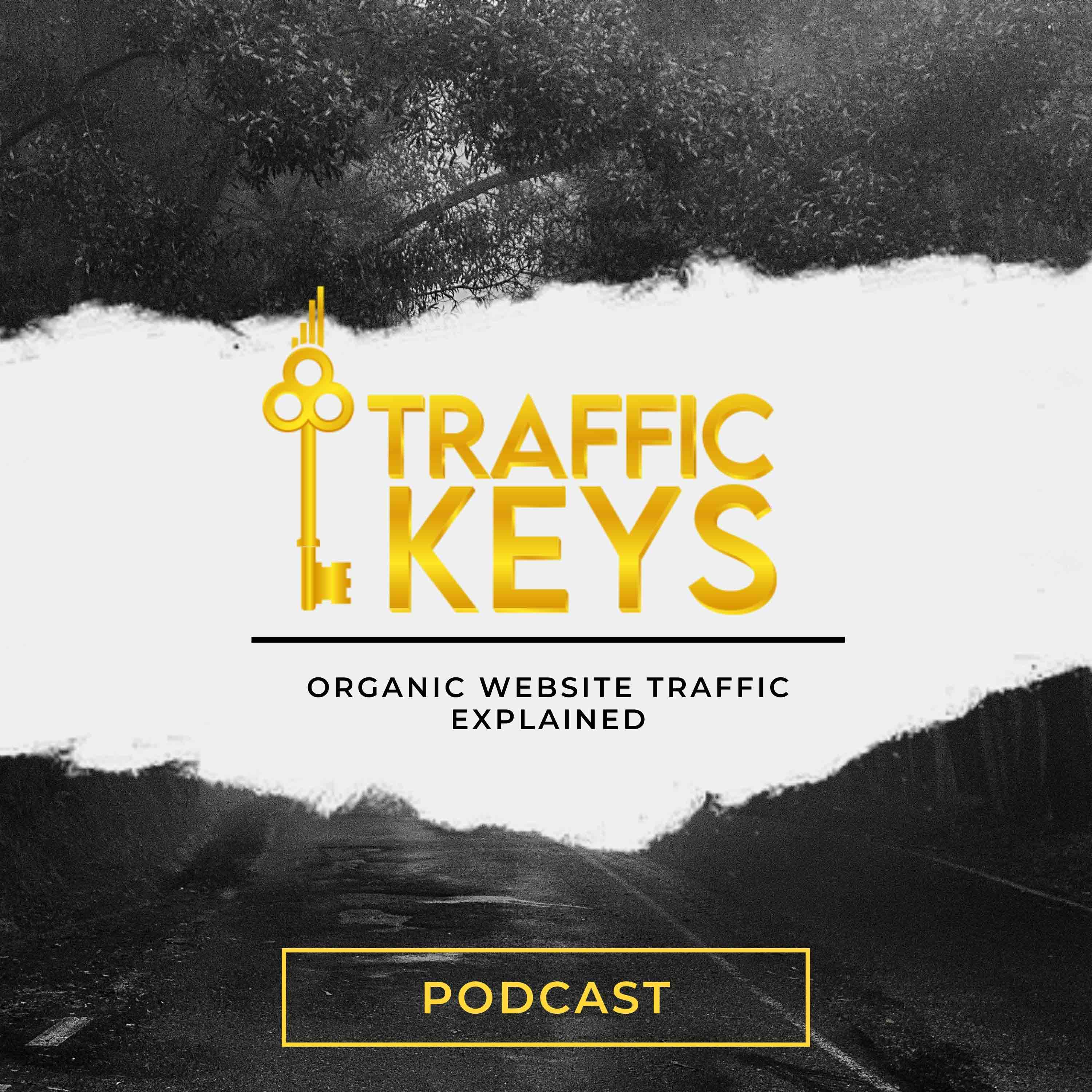
Traffic Keys Podcast
Atiba de Souza
I Have A Podcast by Vinnie Potestivo
Vinnie Potestivo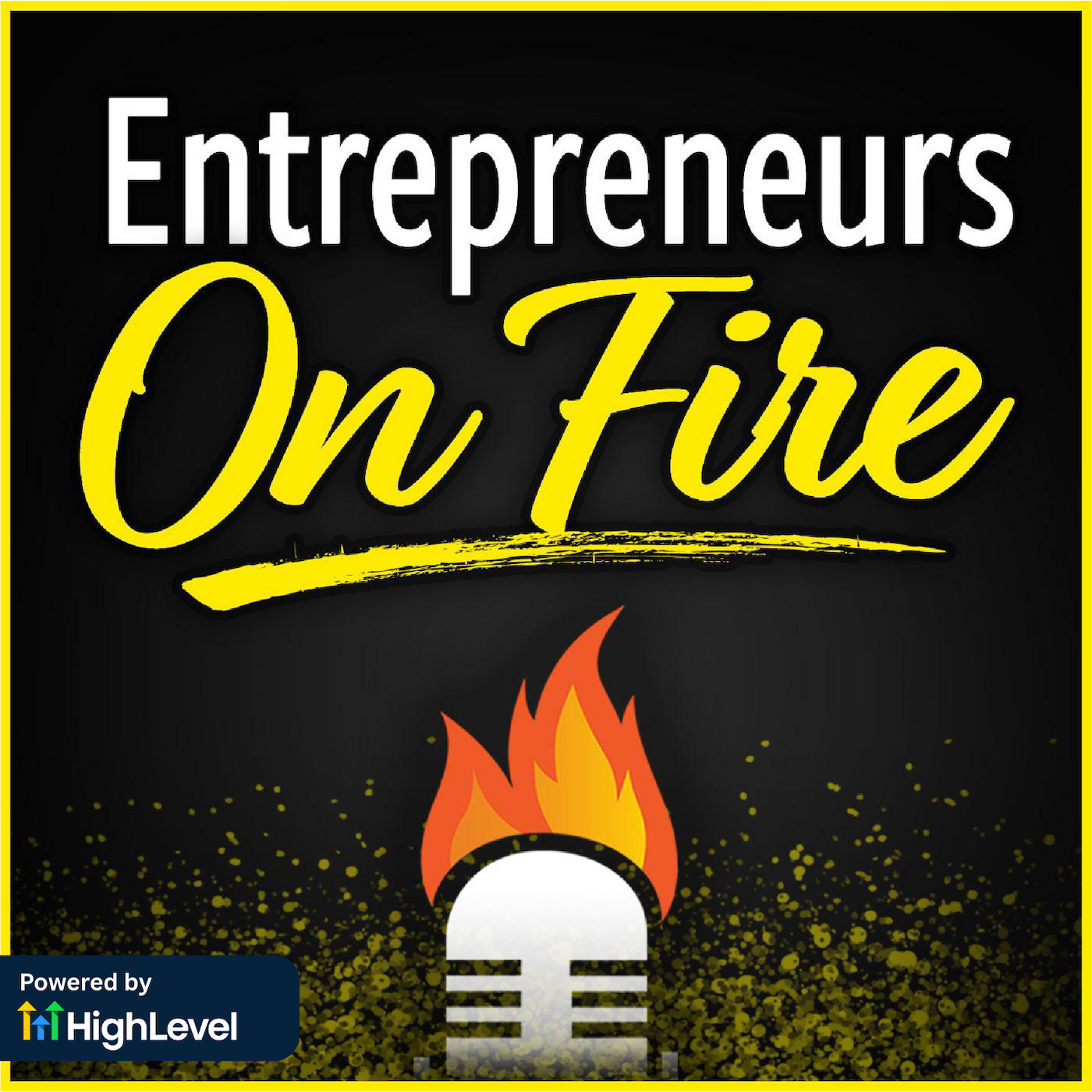
Entrepreneurs on Fire
John Lee Dumas of EOFire
Imperfect Marketing
Kendra Corman
Raise the Script with Nutrigenomics
Dr. Tamar Lawful, PharmD, APh, CNGS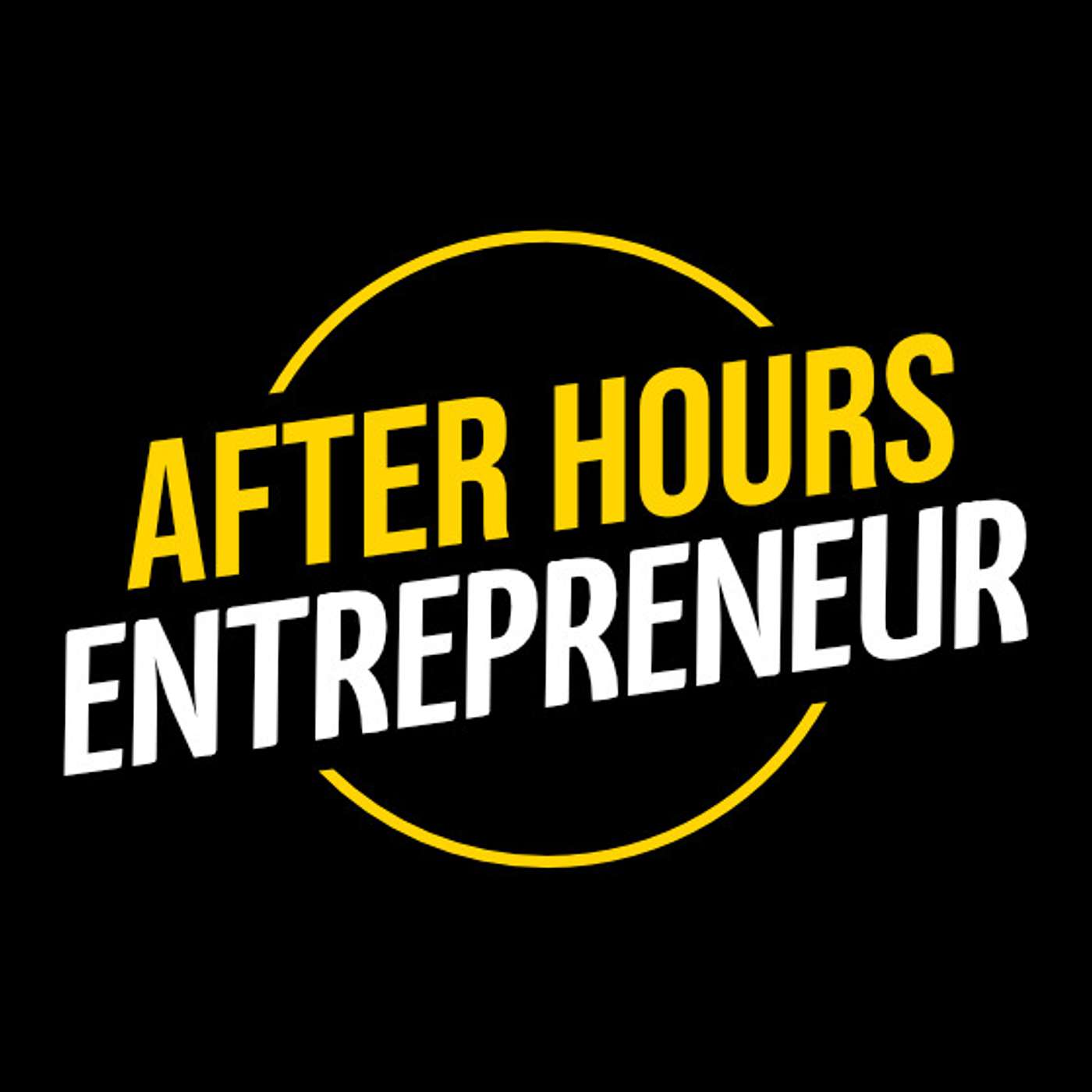
After Hours Entrepreneur with Mark Savant
Mark Savant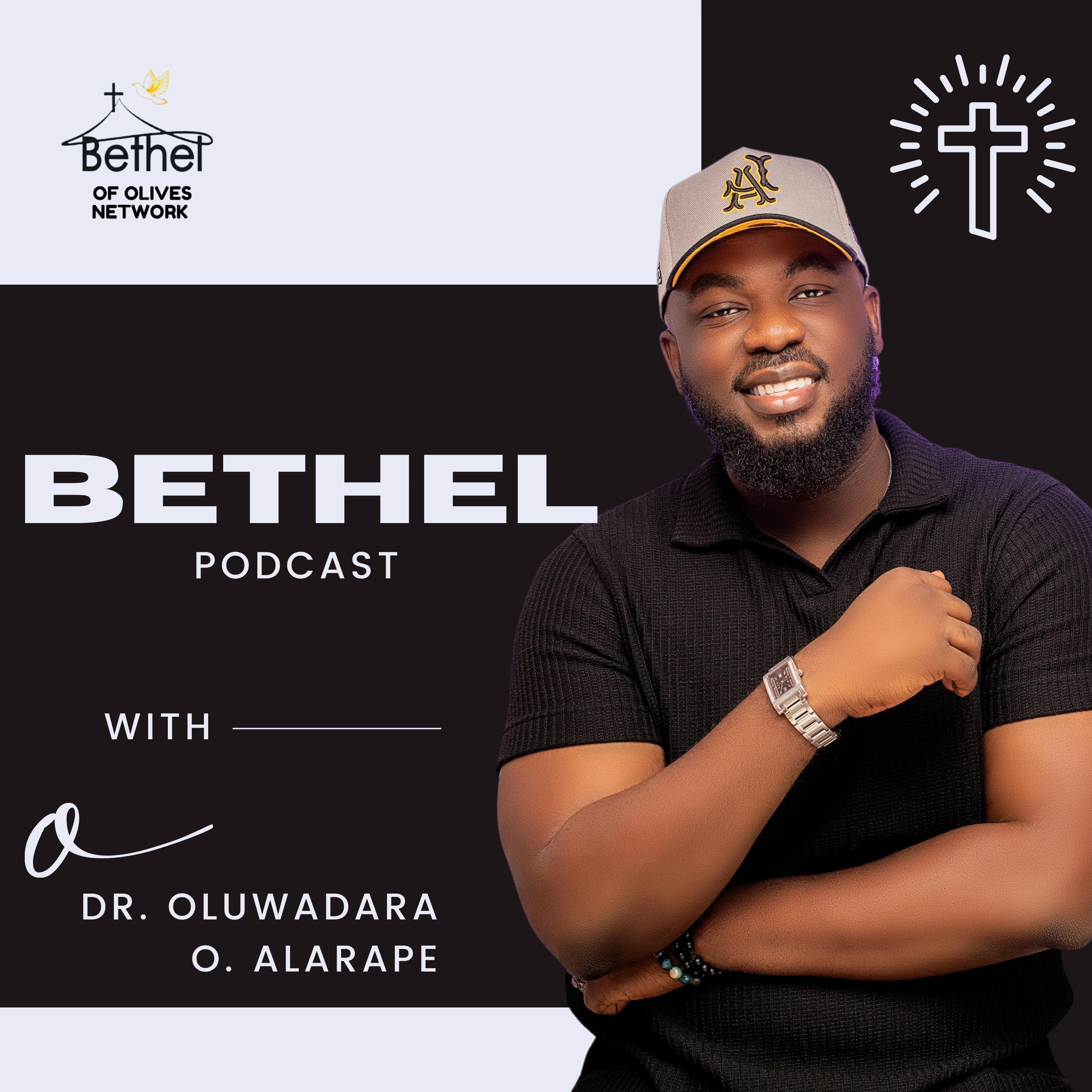
BETHEL
Dr. Oluwadara Alarape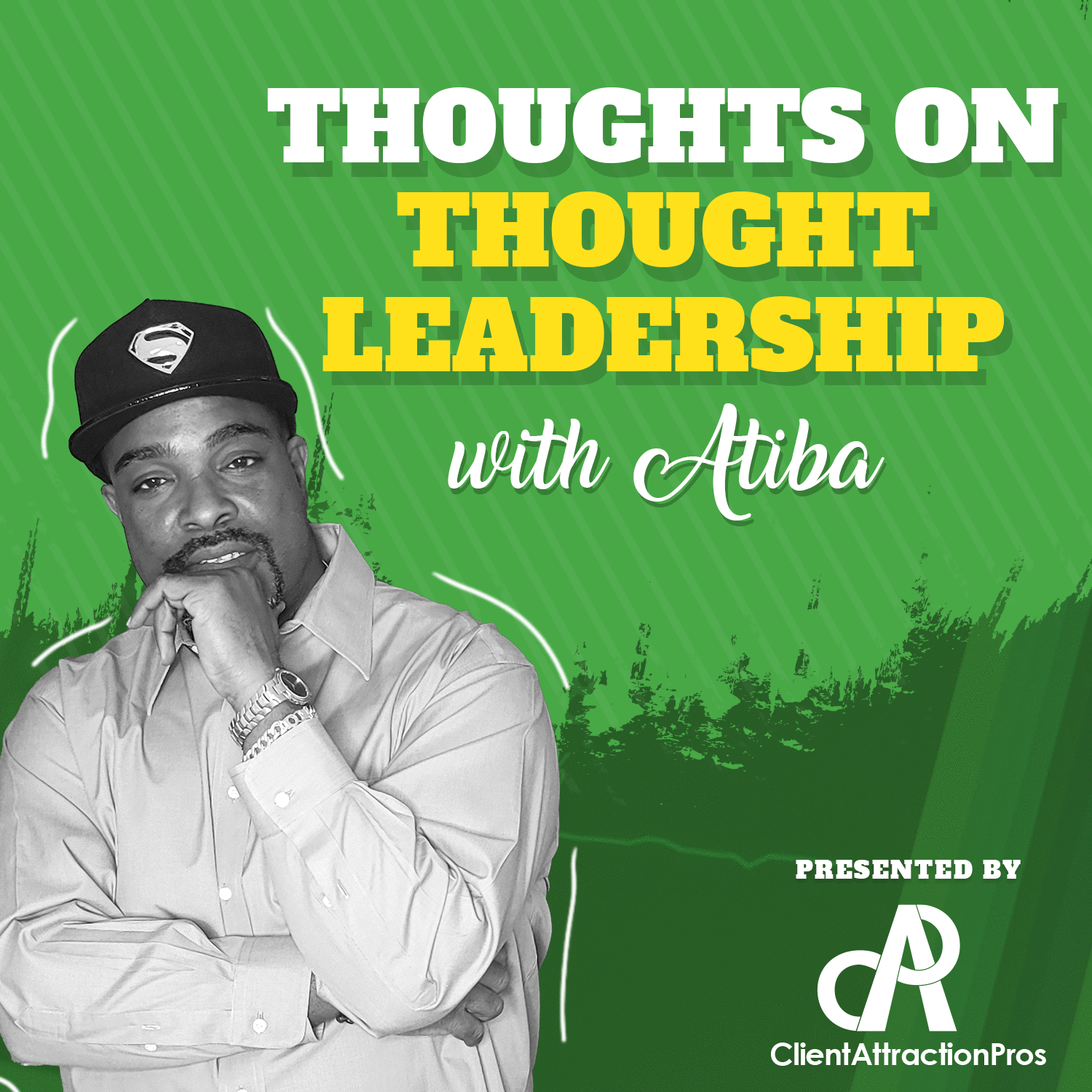
Thoughts on Thought Leadership with Atiba
Atiba de Souza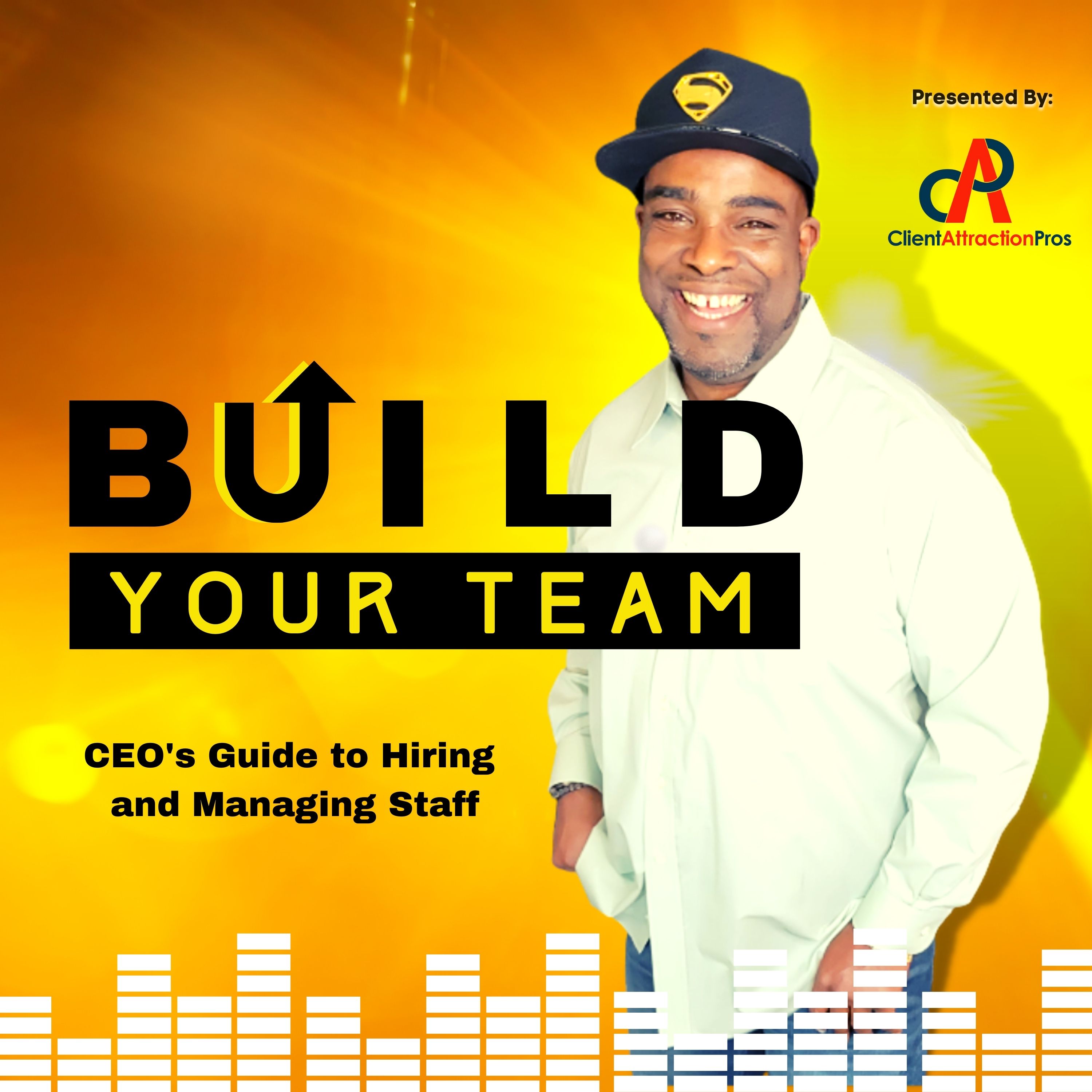
Build Your Team
Atiba de Souza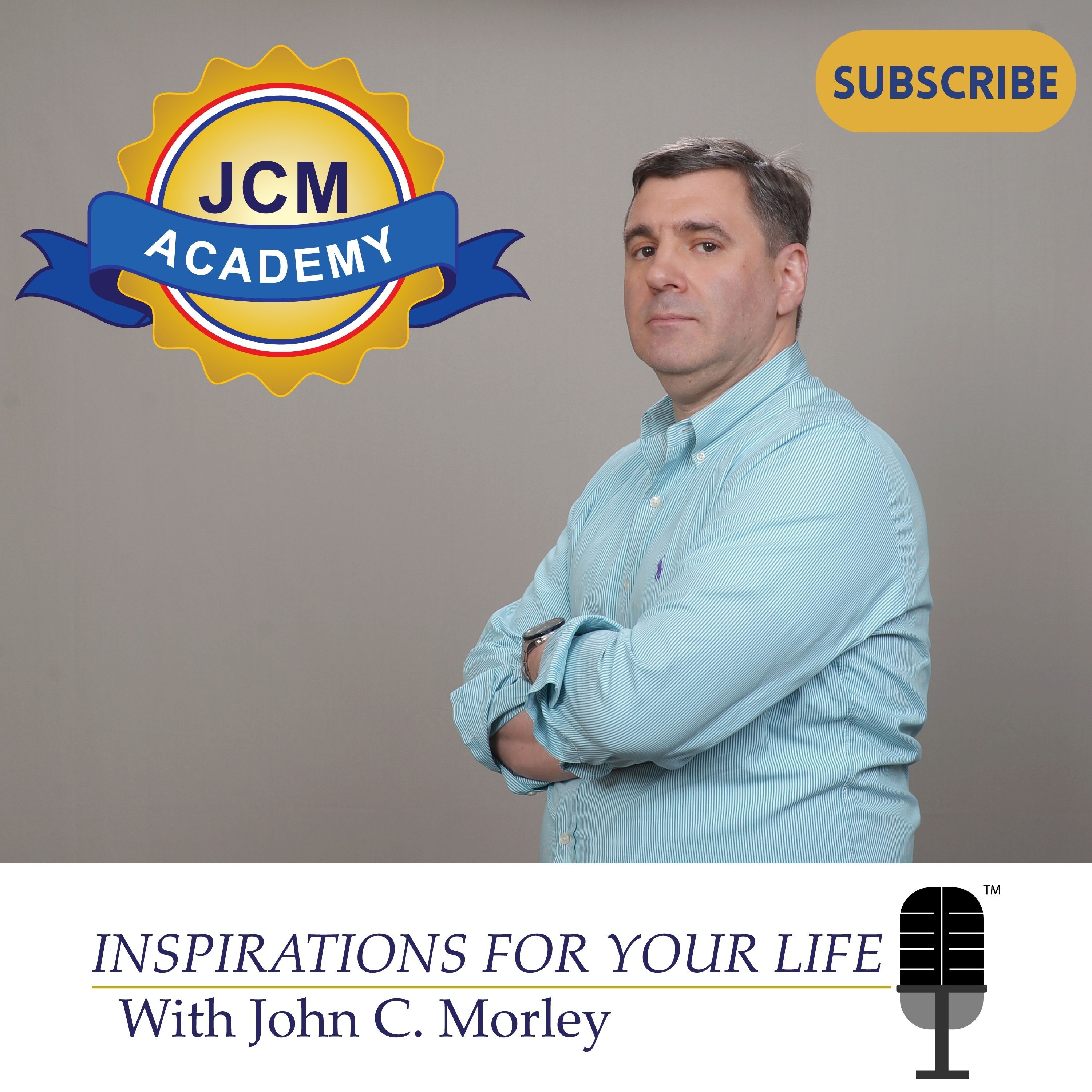
Inspirations for Your Life
John C. Morley, Serial Entreprener
Marketing in the Age of AI
Emanuel Rose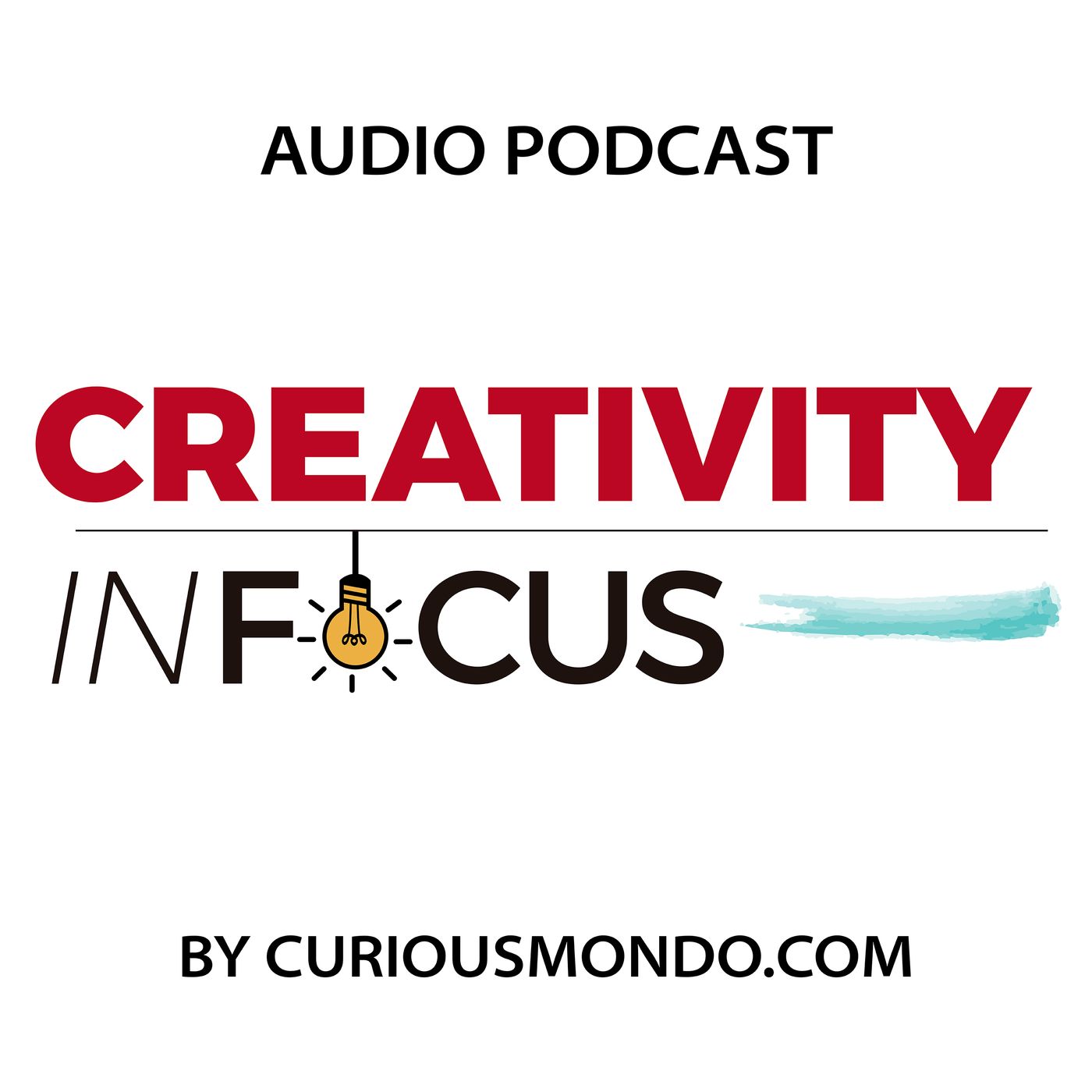
Creativity in Focus - Audio Only
Shahar Boyayan
Make Something Happen with Audrey Wiggins
Audrey Wiggins
The UnNoticed Entrepreneur
Jim James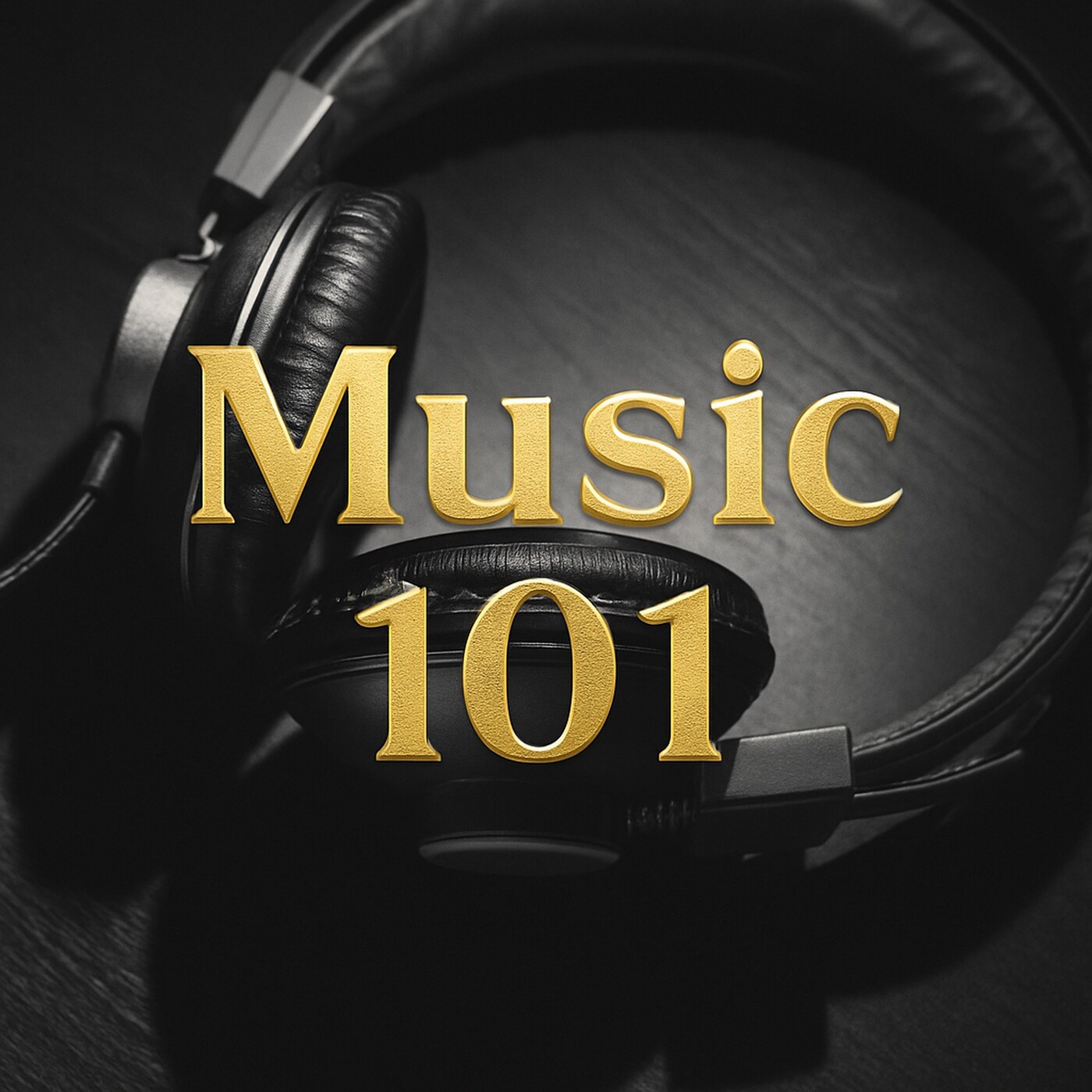
Music 101
Daniel Lucas / G.Mick Smith
Abstract Poetry
Daniel Lucas
Food 101
Daniel Lucas/Alessandro Panattoni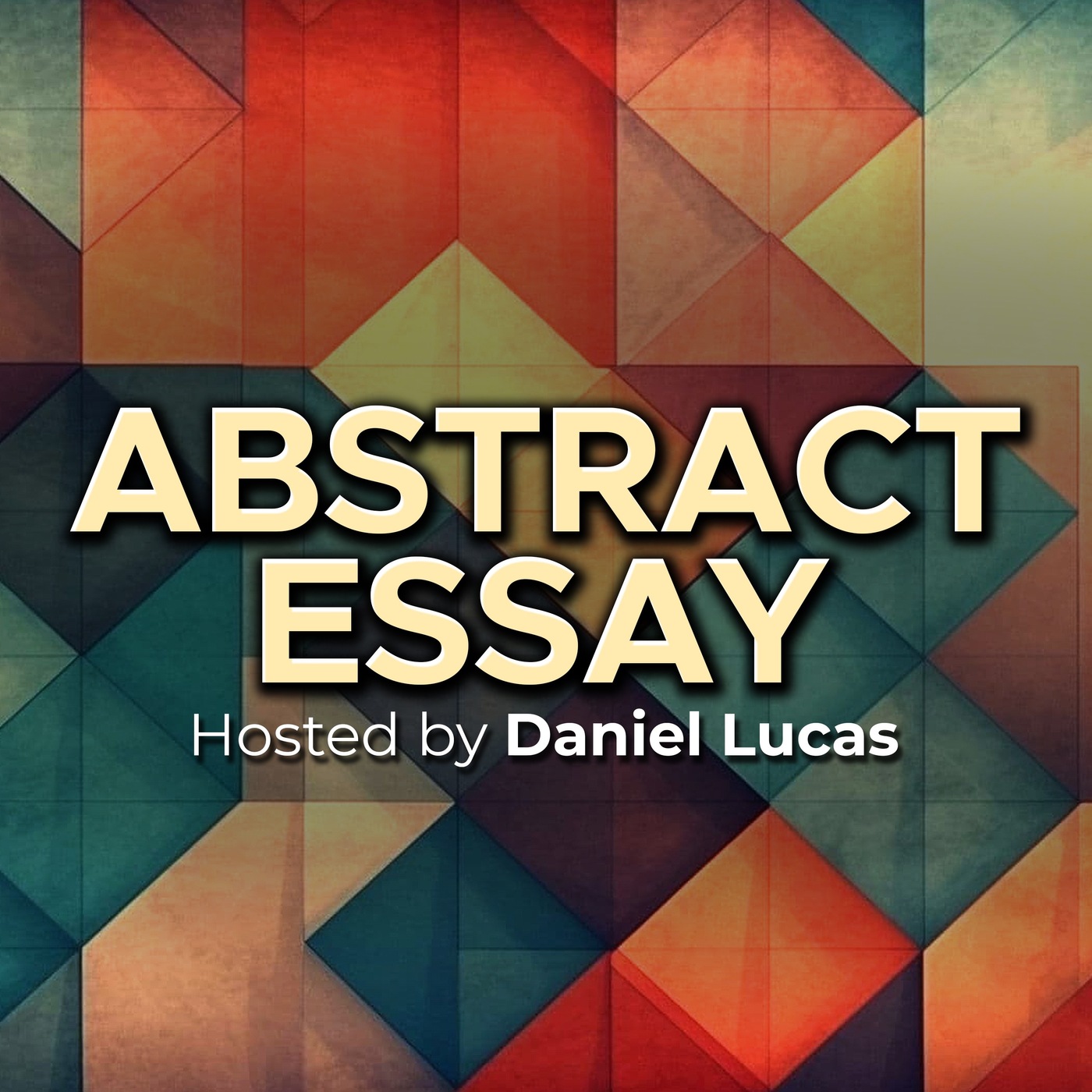
Abstract Essay
Daniel Lucas /Sal Cosenza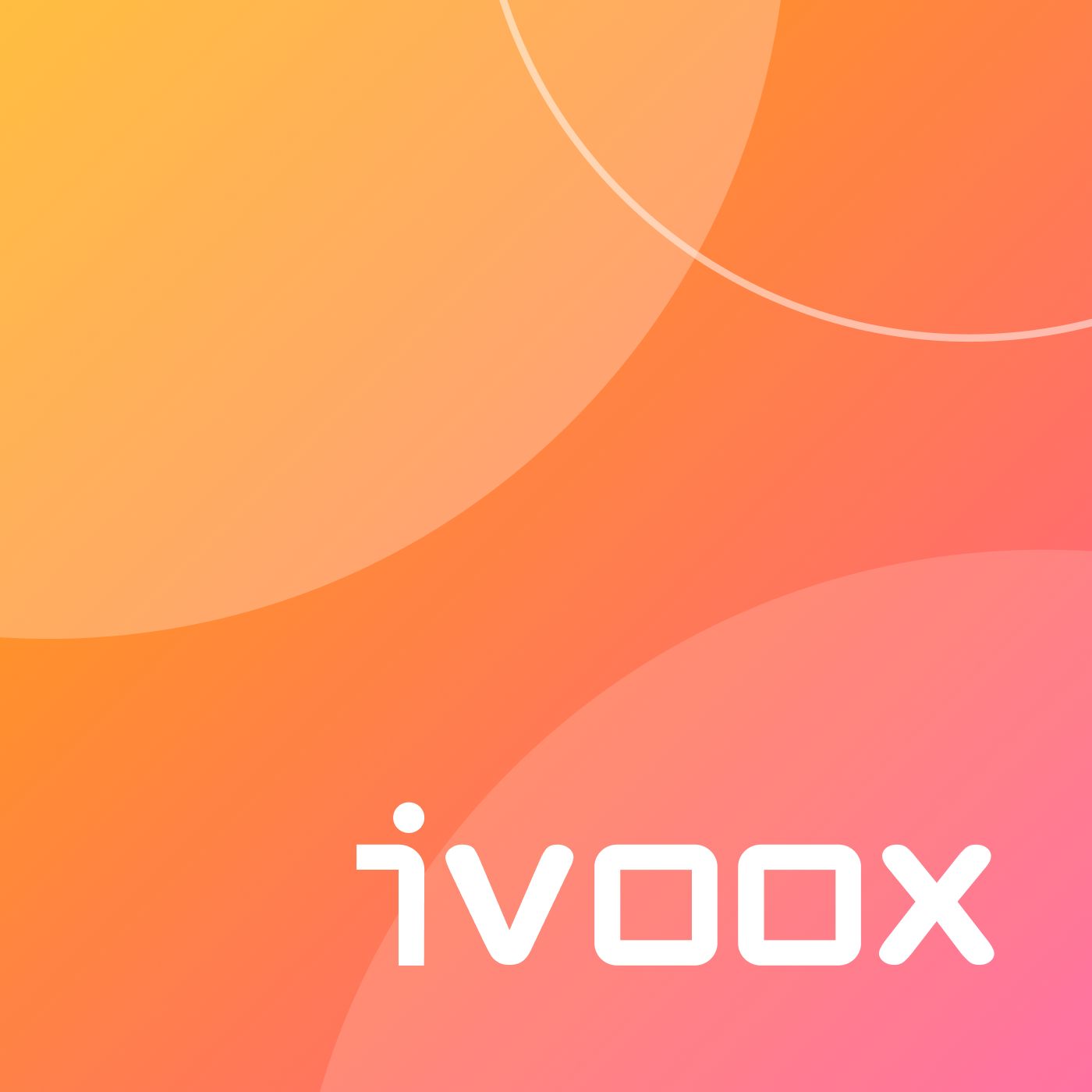
#iesgaherrera28d28sonidos
daniel lucas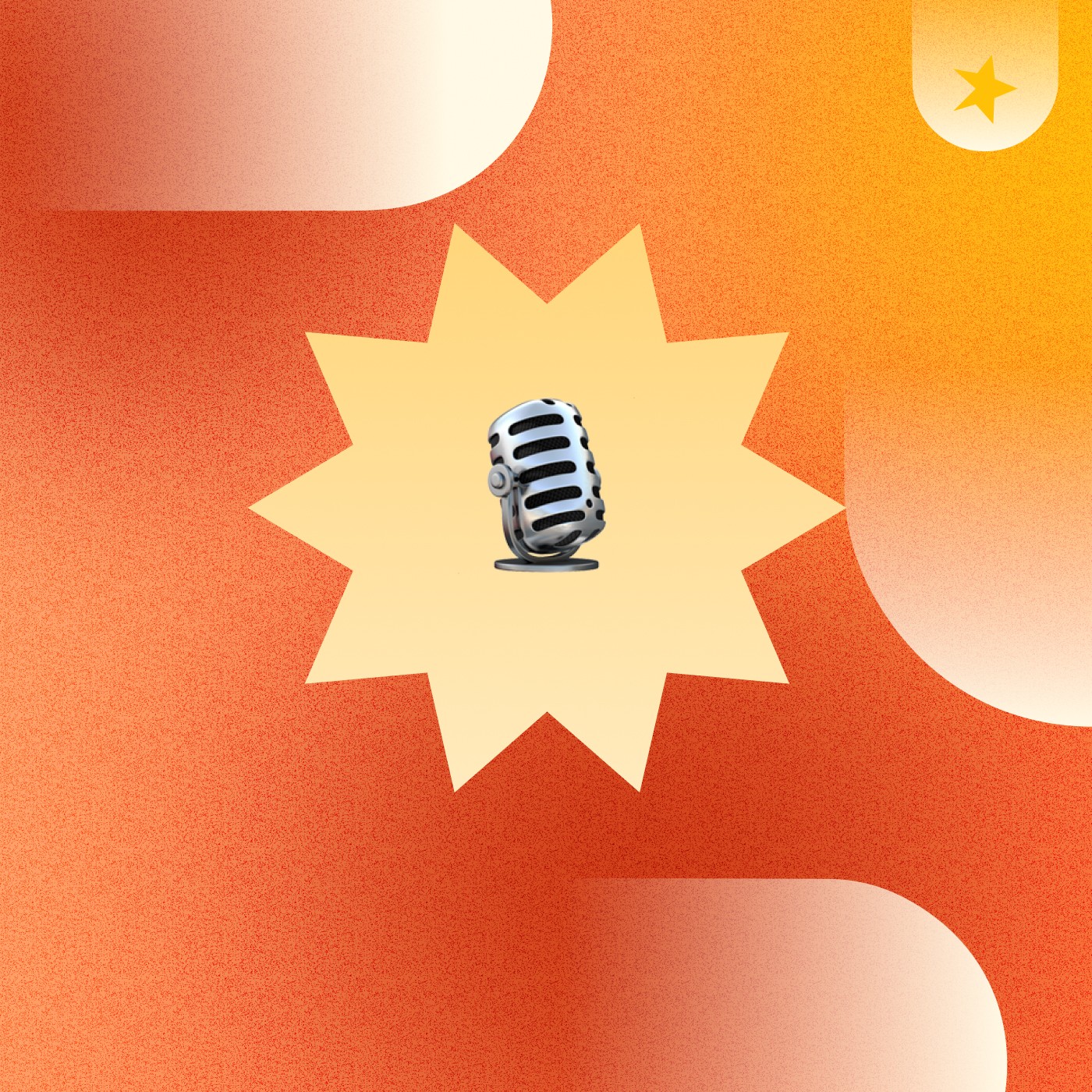
El podcast de Lucas Daniel Porra
Lucas Daniel PorraDaily Dose of Dave Podcast
Dave Valentine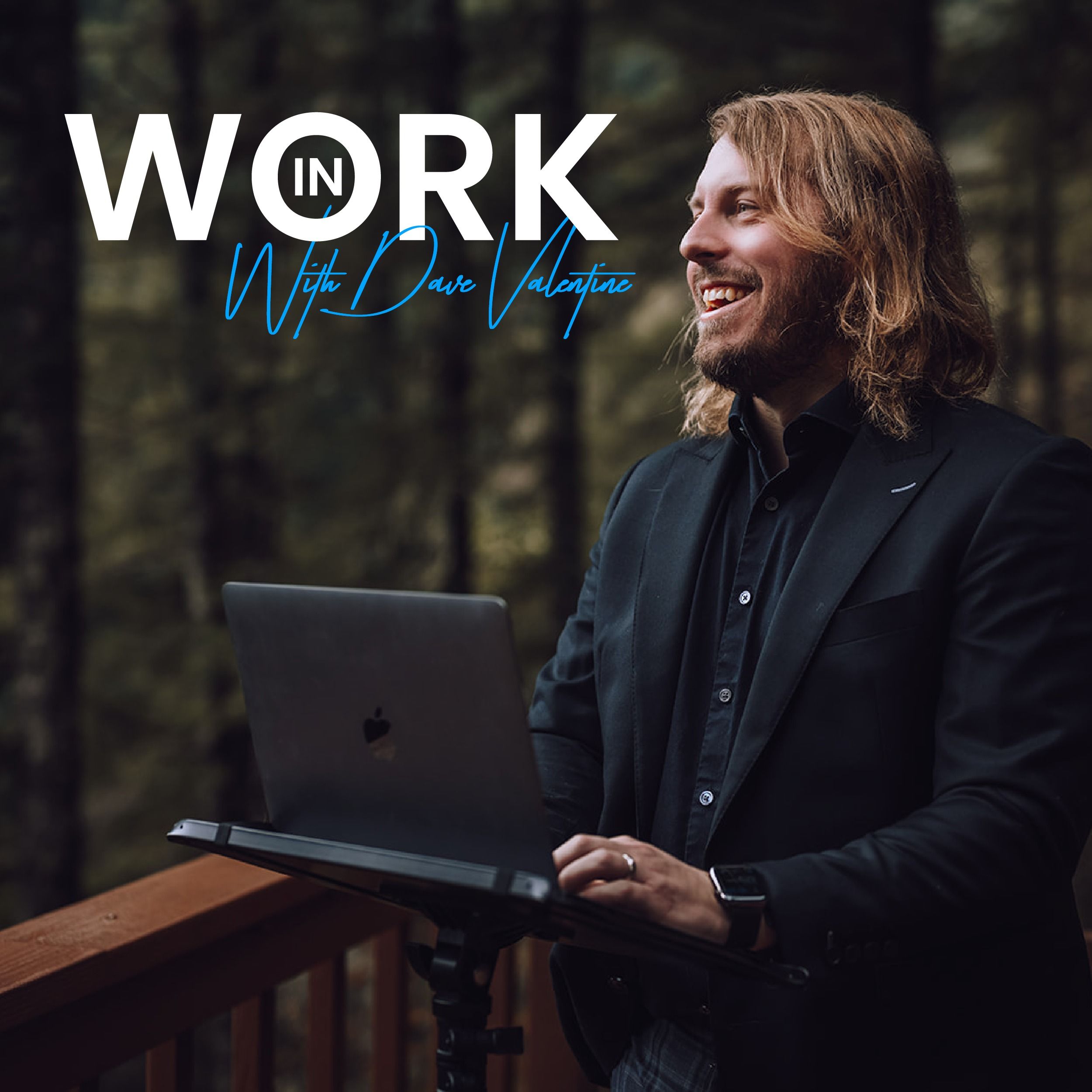
InWork Podcast with Dave Valentine
Dave Valentine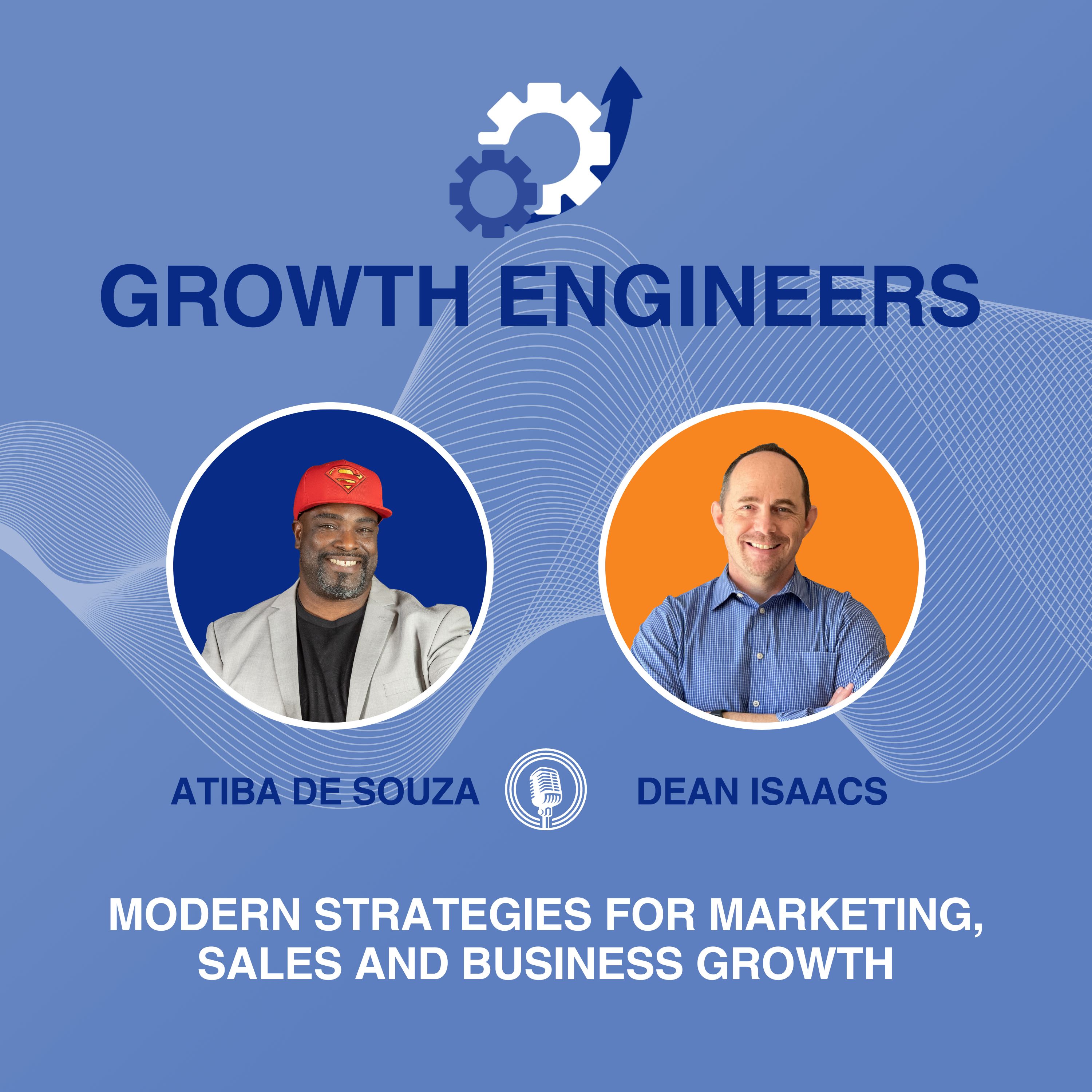
Growth Engineers
Atiba de Souza and Dean Issacs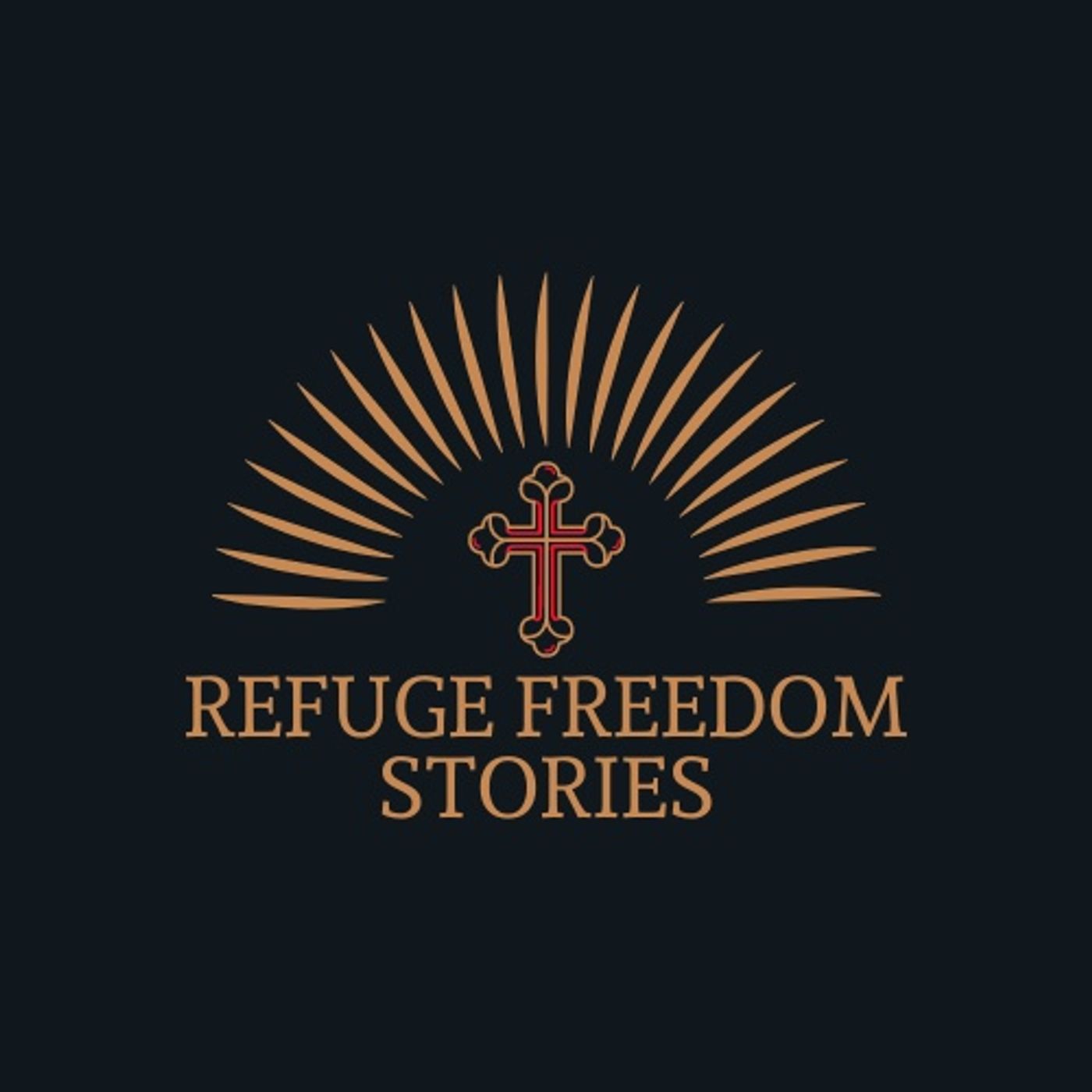
Refuge Freedom Stories
Jonnie Taverner
St. Augustine of Hippo: Expositions of the Psalms
Mary McDonald
Podcasting for Financial Professionals
Virginia Elder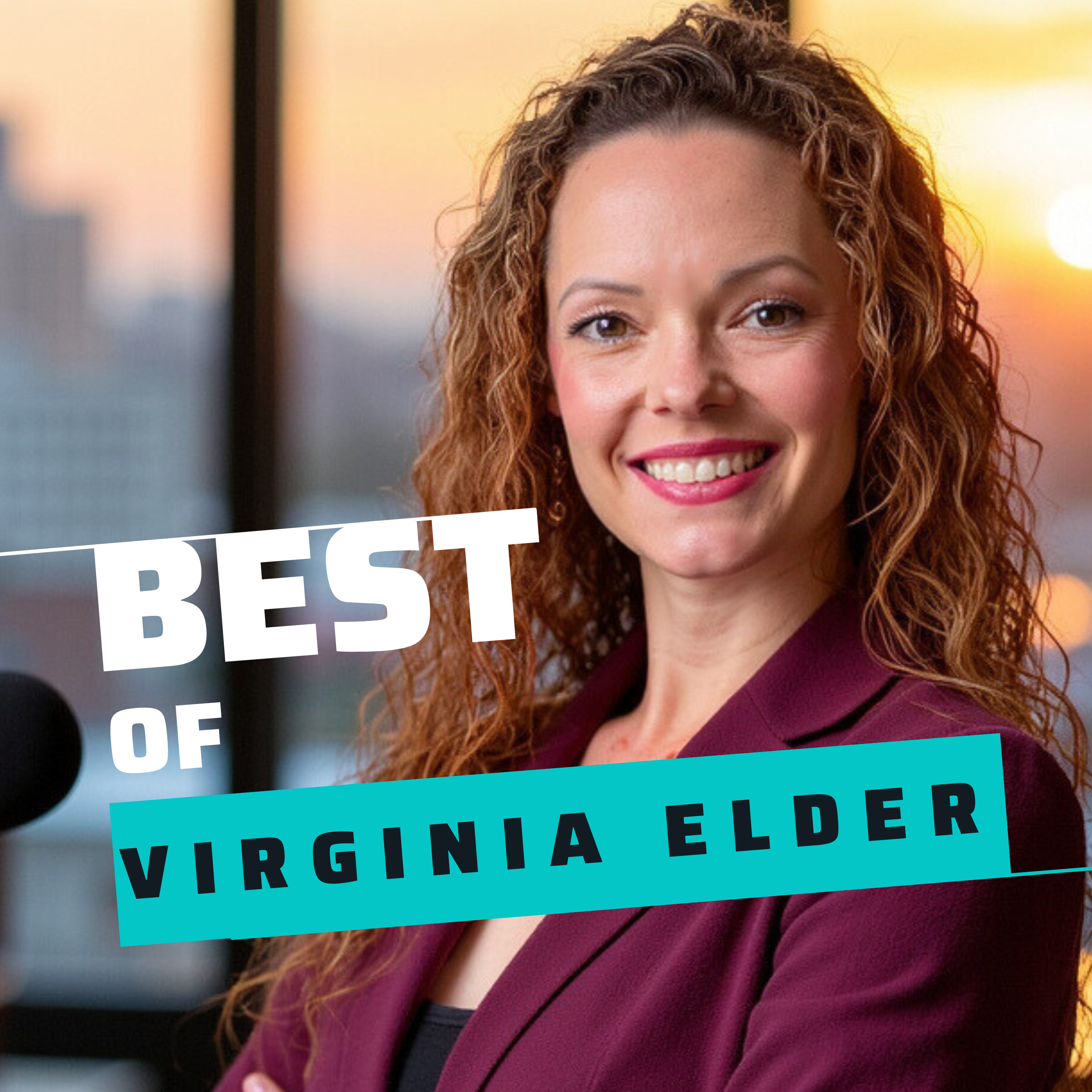
Best of Virginia Elder
Virginia Elder | Podcast Abundance
Gamify Business Tavern Tales
Paul Pape

